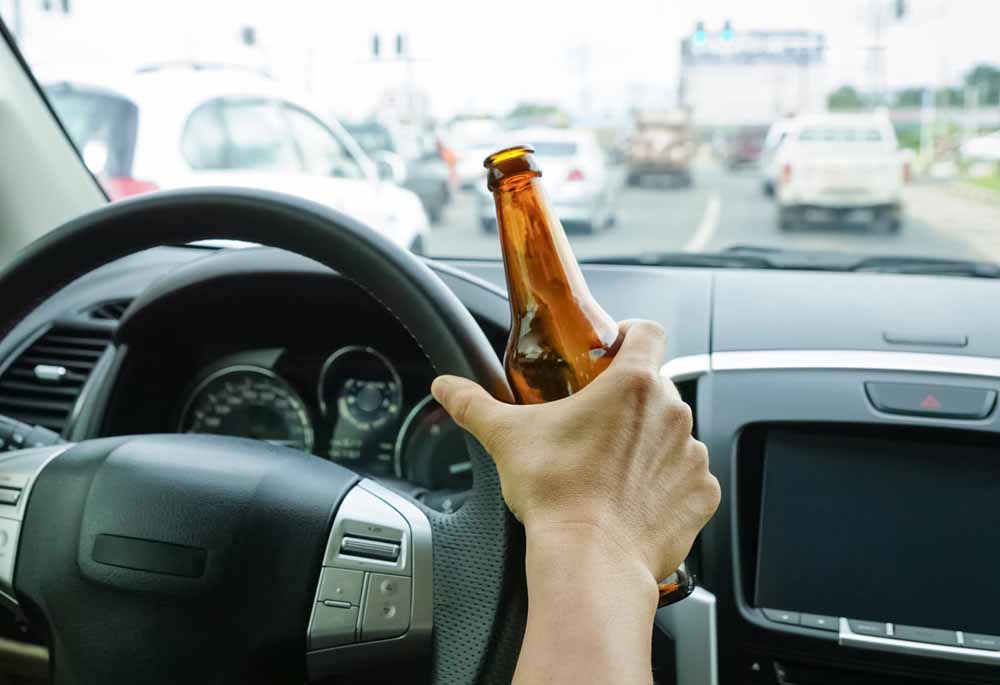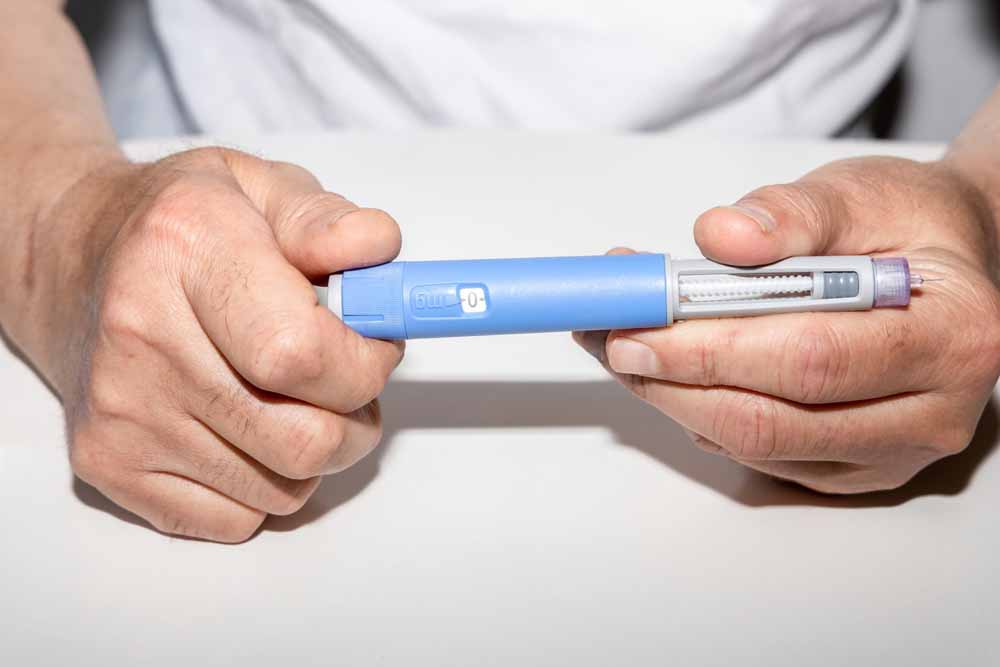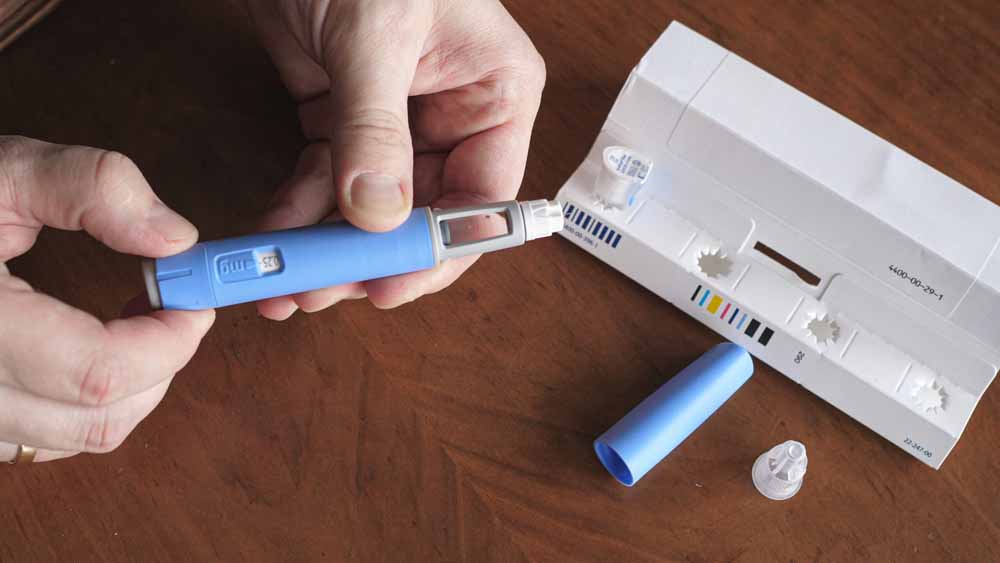Underage drinking is no game in Arizona.
It’s football season and, let’s be honest, athletic events and alcohol just go together in our culture. While it’s great to have fun at events, and usually okay to drink in moderation, we all know that many people can overindulge. In addition, there are an estimated 10-11 million underage drinkers in this nation. Living in a college town like Tucson or Phoenix shows that the college years are a notorious time for liberal alcohol use.
Venues that serve alcohol, whether the corner bar or a large stadium, need to know their liability when it comes to underage drinking. Most states, Arizona among them, now have strict dram shop laws which allow victims of injury or death caused by drunk driving, to hold the seller accountable. In other words, if Joe Smith injures or kills someone driving home from a restaurant, bar or event at which he was served too much alcohol, both the venue and the server can be liable.
Verdicts can be bad enough if the drinker is of legal age, but courts can be particularly tough when underage drinkers are involved. In fact, serving an underage drinker, even when no accident is involved, is a very high risk to take. While everyone would agree that underage drinking is high risk for the health and safety of the minor, and that serving underage drinkers is irresponsible as a matter of principal, add to that the legal liability, and venues and individual servers should be especially careful to adhere to the law.
The usual standard is a venue’s duty to not serve an obviously intoxicated person. But the duty to not serve underage drinkers does not depend upon intoxication, but upon whether or not the server should have reasonably been able to tell that the drinker was underage. With the prevalence of underage drinking, servers should assume that many customers are underage, especially when it comes to college events.
Venues need to be especially vigilant about checking driver’s licenses and implementing technology that can detect altered licenses when possible. Training event staff, such as bouncers, to spot adults purchasing drinks to hand off to minors can have a positive impact too.
In case you’re wondering, according to findlaw.com, “dram shops” were establishments in 18th Century England that sold gin by the spoonful, which was called a dram.




